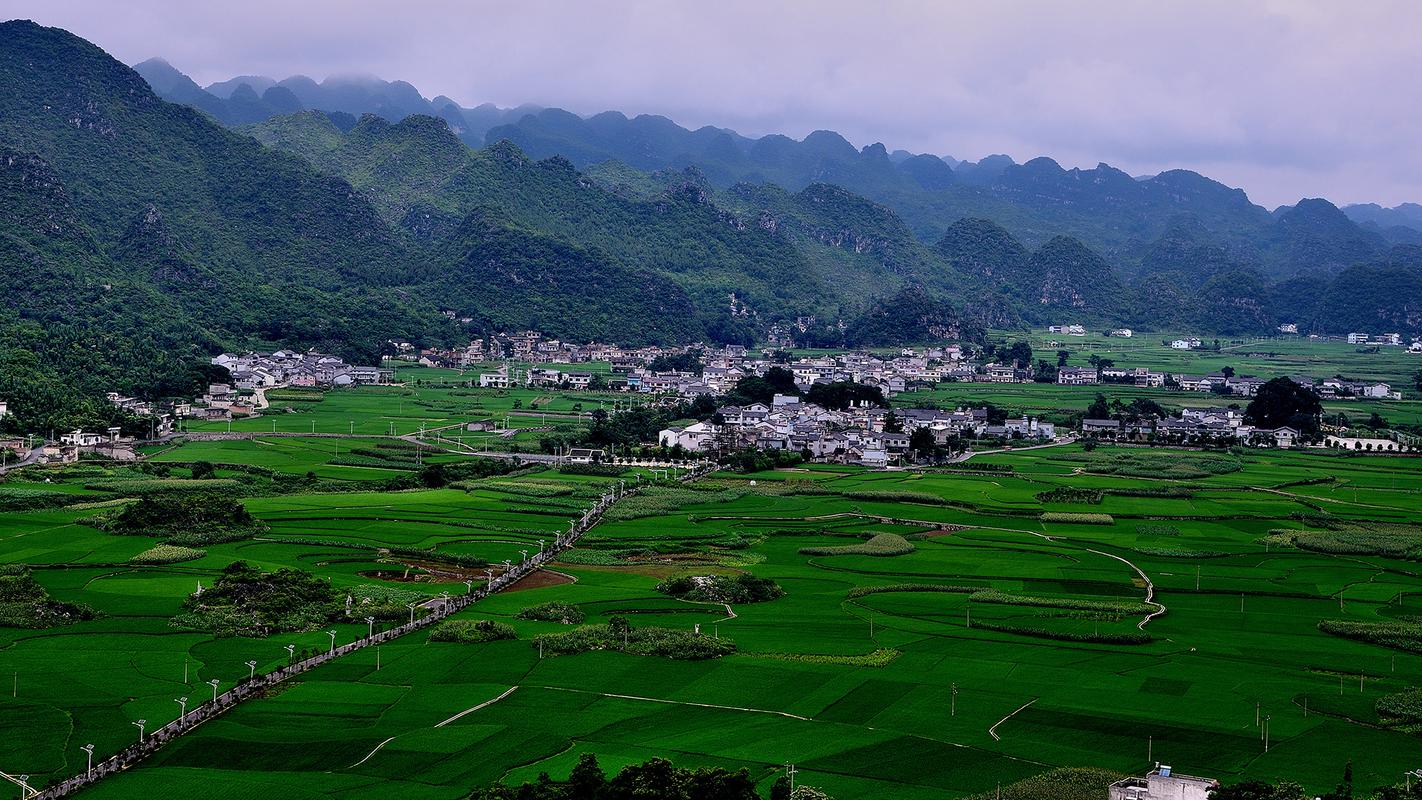The Shifting Landscape of Mass Culture: Examining the Impact of Technology and Globalization
Mass culture is undergoing a transformation unlike any other, driven by rapid advancements in technology and globalization. The ability of people to access a vast array of content through digital channels has changed the way we consume media, and as a result, has impacted several industries. These changes have also led to changes in how culture is created, distributed, and consumed. In this article, we delve into the effects of technology and globalization on the shifting landscape of mass culture.
The Rise of Digital Platforms
Digital platforms have disrupted the traditional modes of distribution, challenging the traditional gatekeepers of content. The use of smartphones, tablets, and laptops has enabled people to access content irrespective of their geographic location. People can now access news from overseas, stream music, and watch movies all from one device. Thanks to the internet, cultural products such as music, films, and books can be easily distributed across borders, giving rise to a global culture.
The Influence of Social Media
Social media has been a driving force behind the transformation of mass culture. Platforms such as TikTok, Instagram, Snapchat, and Twitter have given people a platform to create and share content, leading to the emergence of new cultural icons and influencers. The creation of micro-celebrities has enabled people to have more control over what they consume. It has also challenged traditional notions of fame and what influence means. In addition, social media has created alternate forms of entertainment, such as meme culture and online gaming, that have gained popularity worldwide.
Globalization and Cultural Hybridity
The phenomenon of cultural hybridity, seen in the blending of different cultural practices and traditions, has been accelerated by the process of globalization. People are more exposed to different cultures through media and travel, leading to a melting pot of distinct cultural influences. These hybrid cultural practices have given rise to forms of music such as reggaeton and K-pop, which have contributed to the emergence of a global cultural identity. The mixing of cultures has also led to the rise of cultural appropriation, where dominant cultures adopt and exploit elements of marginalized cultures.
The Future of Mass Culture
The rapid pace of technological advancement and globalization will continue to shape mass culture in the coming years. As the streaming of digital content becomes more mainstream, it will lead to more fragmentation of the mass media. Content creators will need to produce more engaging and relevant content to cut through the noise. Additionally, the rise of virtual reality and augmented reality will provide new opportunities for content creation and distribution.
In conclusion, the world of mass culture is rapidly changing, thanks to the influence of technology and globalization. The rise of digital platforms and social media has disrupted traditional models of distribution, while cultural hybridity and appropriation have emerged as dominant cultural forms. As we look to the future, it’s clear that the landscape of mass culture will continue to evolve at an unprecedented pace.
(Note: Do you have knowledge or insights to share? Unlock new opportunities and expand your reach by joining our authors team. Click Registration to join us and share your expertise with our readers.)
Speech tips:
Please note that any statements involving politics will not be approved.
